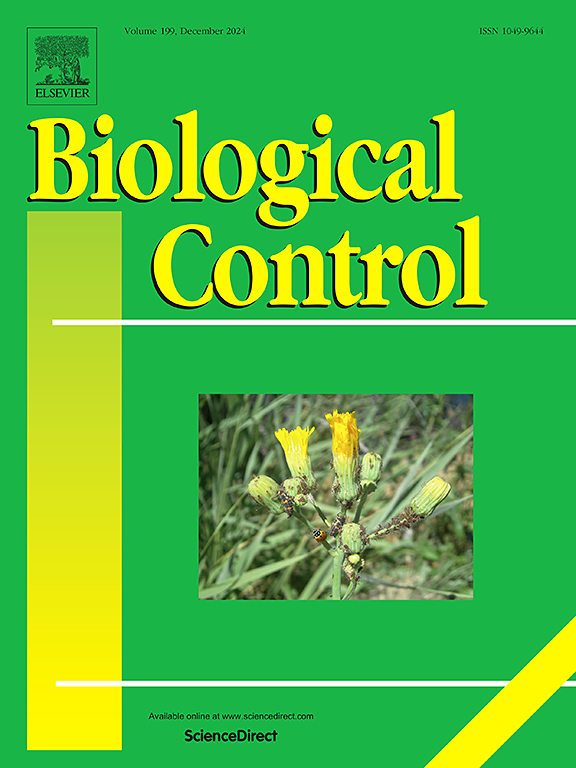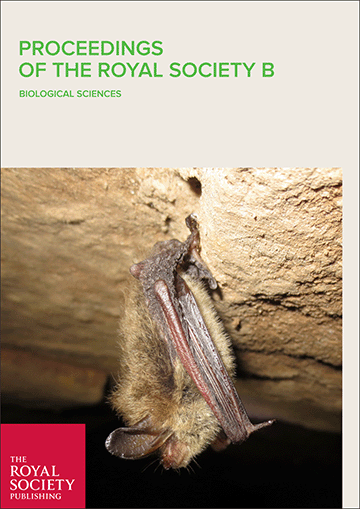Due to its controversies, oil palm cultivation has been targeted by regulatory innovations. Among these, transnational efforts—such as the Roundtable on Sustainable Palm Oil (RSPO) and corporate commitments to zero deforestation have been highly influential but often tend to overvalue environmental over socio-economic outcomes. This article discusses to what extent domestic governance models of palm oil producing countries can be better equipped to reconcile domestic demands such as economic development and poverty alleviation, and transnational concerns about forest conservation. We do so by looking into the Brazilian case, where the government intended to drive oil palm expansion in the Amazon through a program launched in 2010 that simultaneously only allowed expansion into already deforested areas and offered companies incentives to engage smallholder farmers in their supply chains. Our findings, drawn from primary research activities and existing literature, indicate that Brazil has managed to avoid deforestation typically associated with oil palm expansion elsewhere. Oil palm establishment involved the conversion of 0.8% and 1.3% of primary forests for corporate and smallholder plantations, respectively. However, the Brazilian government did not manage to optimally enhance smallholder participation in the sector, as significant differences in performance were observed between farmers, ranging from very successful (17%) to highly unsuccessful (12%); and failed to achieve sectoral development and competitiveness targets. While some failings can be attributed to external factors such as context, broader domestic governance frameworks and alignments, and private supply chain initiatives, the program itself did not manage to reconcile social, environmental and economic objectives into a single coherent sectoral governance model. Yet, this case study suggests that domestic governance strategies can enable commodity production in a way that is more coherent with national priorities, at the same time as preventing deforestation and minimizing social risks more effectively.
Download:
DOI:
https://doi.org/10.1016/j.worlddev.2020.105268
Puntuación Altmetric:
Dimensiones Recuento de citas:

Año de publicación
2021
Autores
Brandão, F.; Schoneveld, G.C.; Pacheco, P.; Vieira, I; Piraux, M.; Mota, D.
Idioma
English
Palabras clave
oil palms, supply chain, governance, sustainable development, development policy, deforestation, tropics, small scale business
Geográfico
Brazil



















